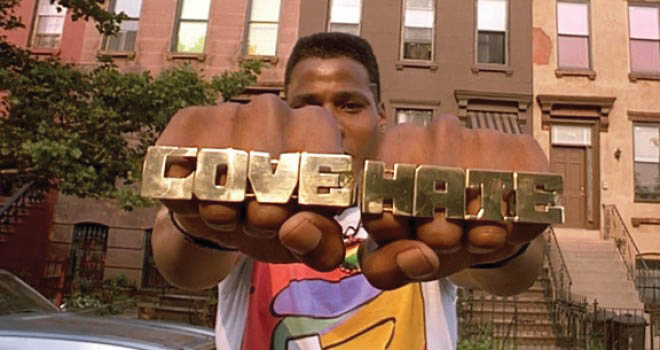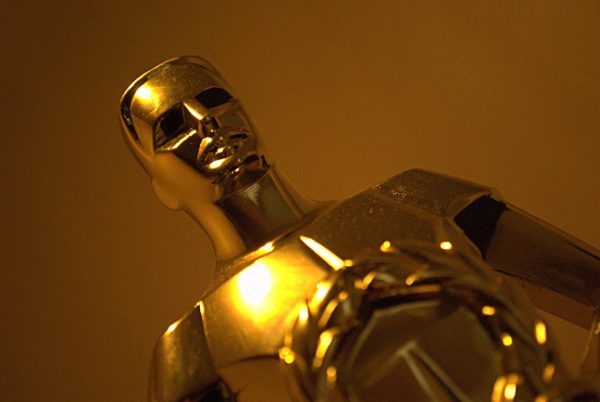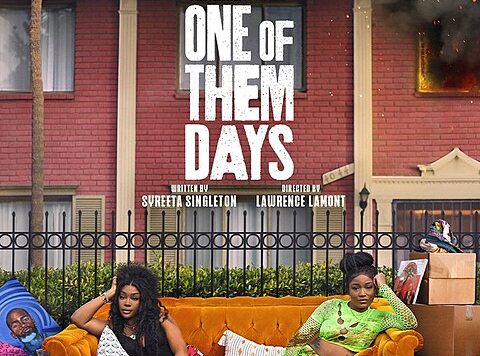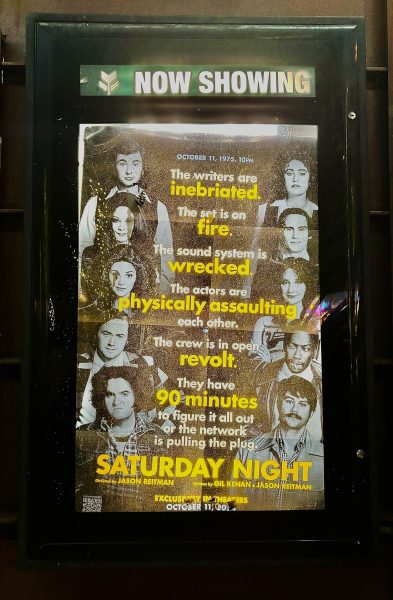Spike Lee’s ‘Do The Right Thing’ holds relevance in current political climate
Spike Lee has been nominated for five Oscars but has not won one in his career.
With both the Oscars and Black History Month upon us, it only seems right to shine light upon a pivotal work from recent Oscar nominated director Spike Lee. “Do The Right Thing,” one of Lee’s first three movies ever made, earned him early Oscar nominations for best screenplay and best supporting actor (Danny Aiello).
This film was, and still is, a big deal for Spike Lee and the themes of representation, blatant and hidden racism, and the need for greater cultural acceptance, all of which are retouched on in his latest Oscar nominated film “BlacKkKlansman.” These are heavy subjects to tackle within a two hour comedy-drama like “Do The Right Thing,” but Lee finds a way to make the messages feel as important now as they did back in ’89.
Set in the Bedford-Stuyvesant or “Bedstuy” area of Brooklyn, New York, several cultures and races begin to clash in a stressful melting pot, complete with an unusual heat wave that makes their hate and bigotry eventually boil over into violence. This scenario seems scarily similar to what is happening in the United States right now. It feels like the country is always at odds with itself. The racial issues exemplified in police shootings and the proposed need for border walls only seem to add to the heat.
The film does offer potential solutions to the overwhelming heat, and it lies on Radio Raheem’s five-finger rings: love and hate. The constant question is which solution do we choose at any given time. Do we join in with the NAACP and sing “Lift Every Voice and Sing” or decide to “ Fight the Power” with Public Enemy? Do we employ the love conquers all tactics of Martin Luther King or seek justice by any means necessary like Malcom X?
The film constantly plays with this duality of decisions and strangely advocates for love while displaying hate. An example can be found in today’s political climate. The country is subjected to aggressive rhetoric that can be seen as hate while those who deliver this rhetoric see it as displays of love for country. The hateful rhetoric is combated by some who may not understand its original intention, while those who defend it don’t understand why it’s hurtful.
Both sides are trying to prove their points instead of listening to each other’s needs. It also goes without saying that there are those who simply seek conflict, as Buggin’ Out did in the film, and caused more harm than good trying to fix the situation. Instead of giving into the hate, it may be beneficial to be like Jade and implore others to use their energy to produce something positive for the community. Congrats to Lee for making it back to the Oscars and continuing to give us characters like Samuel L. Jackson’s Mister Señor Love Daddy, who tries to get everyone to just chill out for once.












James Puglisi • Feb 11, 2019 at 6:02 pm
I first saw “Do the Right Thing” back in 1991 during my training summer to be a campus minister. As a person with grandparents from Sicily, the context of the film particularly resonated with me. This was possibly one of the first steps or introductions for me in my own on-going journey of understanding my identity as a Sicilian-American, but more importantly, as a white male in the United States and my complicity with systemic racism. It also started my appreciation for Spike Lee’s work, such as “Mo’ Better Blues”, “Get on the Bus”, and “Malcolm X”. I like Lee’s ability to raise some very conflicting and deep questions, without telling you what resolution you should come to. Thank you for the write-up.